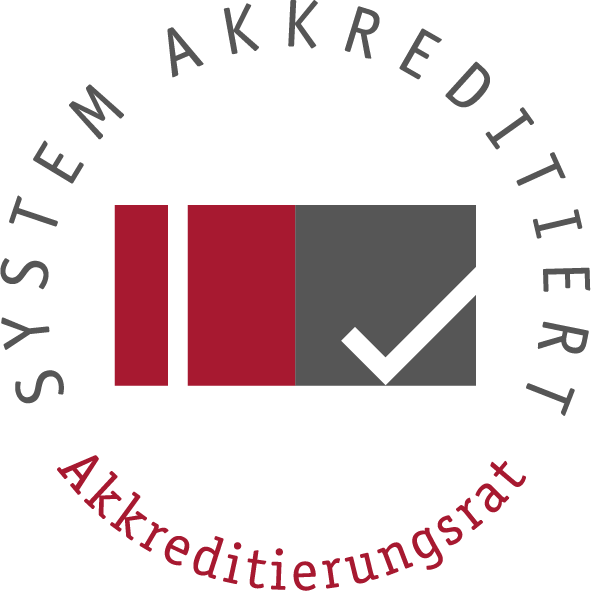European Regional and Minority Languages (Romania 'minor') (B.A./Supplementary subject)
Der Schwerpunkt des Ergänzungsfaches, das im Umfang von 24 CP im Rahmen der 2-Fächer-Bachelorstudiengänge studiert werden kann, liegt vorwiegend auf sprachwissenschaftlichen Themen der entsprechenden Sprachräume. Es werden zudem aber auch systematisch literaturwissenschaftliche, kulturwissenschaftliche, landeskundliche, historische sowie politische Inhalte vermittelt.
Ergänzt werden diese Inhalte durch einzelne Sprachkurse verschiedener Minderheitensprachen.
Beispiele für romanische Regional- und Minderheitensprachen können das Friulanische, das Korsische oder auch das Sardische sein.
Die Module können auch im Rahmen eines studienbegleitenden Zertifikats belegt werden, falls der eigene Studiengang die Wahl eines Ergänzungsfaches nicht vorsieht.
Das Ergänzungsfach ist eines von mehreren Studienangeboten im Europa-Schwerpunkt der Universität.
Pflichtmodul 1 (10 CP)
Einführungsmodul: Europäische Regional- und Minderheitensprachen in Geschichte und Gegenwart (Schwerpunkt Romania)
Pflichtmodul 2 (6 CP)
Sprach- und Kulturkompetenz: Sprachangebote der Philosophischen Fakultät und des Sprachenzentrums zur Vermittlung von Grundkenntnissen in mindestens einer romanischen Minderheitensprache.
Wahlpflichtmodul 1 (8 CP)
ein Fachseminar ggf. mit Exkursion (6 CP) und ein Fachvortrag (2 CP)
oder
Wahlpflichtmodul 2 (8 CP)
Vier Fachvorträge nach Wahl (je 2 CP)
Die zu besuchenden Fachvorträge können aus dem wissenschaftlichen Programm des Zentrums für Europäische Regional- und Minderheitensprachen Romania „minor“ (ERMi) ausgewählt werden.
Zentrale Studienberatung
Campus Saarbrücken
Campus Center, Geb. A4 4, EG
66123 Saarbrücken
Tel.: +49 681 302-3513
studienberatung(at)uni-saarland.de
Studienfachberatung
Johannes Willrett
Fachrichtung Romanistik
Campus Saarbrücken
Geb. A5 3, Raum 1.12 (1. OG)
66123 Saarbrücken
Tel.: +49 681 302 -3759
johannes.willrett(at)uni-saarland.de
Bewerbung
Entry restrictions do not apply to this programme. Students can begin the programme at the beginning of the winter or summer semester, though we recommend starting in the winter semester. Students proposing to start in the summer semester should contact the course advisors and the university's study counselling services to discuss their individual study plan.
You can enrol in the first semester of this study programme directly via Saarland University's SIM portals. You do not need apply for admission beforehand. You must enrol by:
- the end of September if you plan to start in the winter semester
- the end of March if you plan to start in the summer semester.
Please note: If you want to switch subjects and plan to enrol in a higher semester of the new study programme ('higher-semester entry'), you will also need to submit an RPL certificate (RPL: recognition of prior learning) from the relevant examinations office.
Enrolment documents can only be submitted online during the enrolment application process in the relevant SIM portal.
If you have any questions about using the SIM portals, please check out our SIM Saarland help pages where you will find lots of useful information, videos and step-by-step guides.
Slightly different admission rules may apply to prospective students with a foreign higher education entrance qualification.
Central Student Advisory Service
Saarbrücken Campus
Building A4 4, Ground floor
Phone: +49 681 302-3513
studienberatung(at)uni-saarland.de
Central Student Advisory Service

Accredited study programmes
Saarland University was one of the first universities in Germany to achieve Quality Assurance Accreditation and has held the Accreditation Council's official quality mark continuously since 2012.
Quality management
